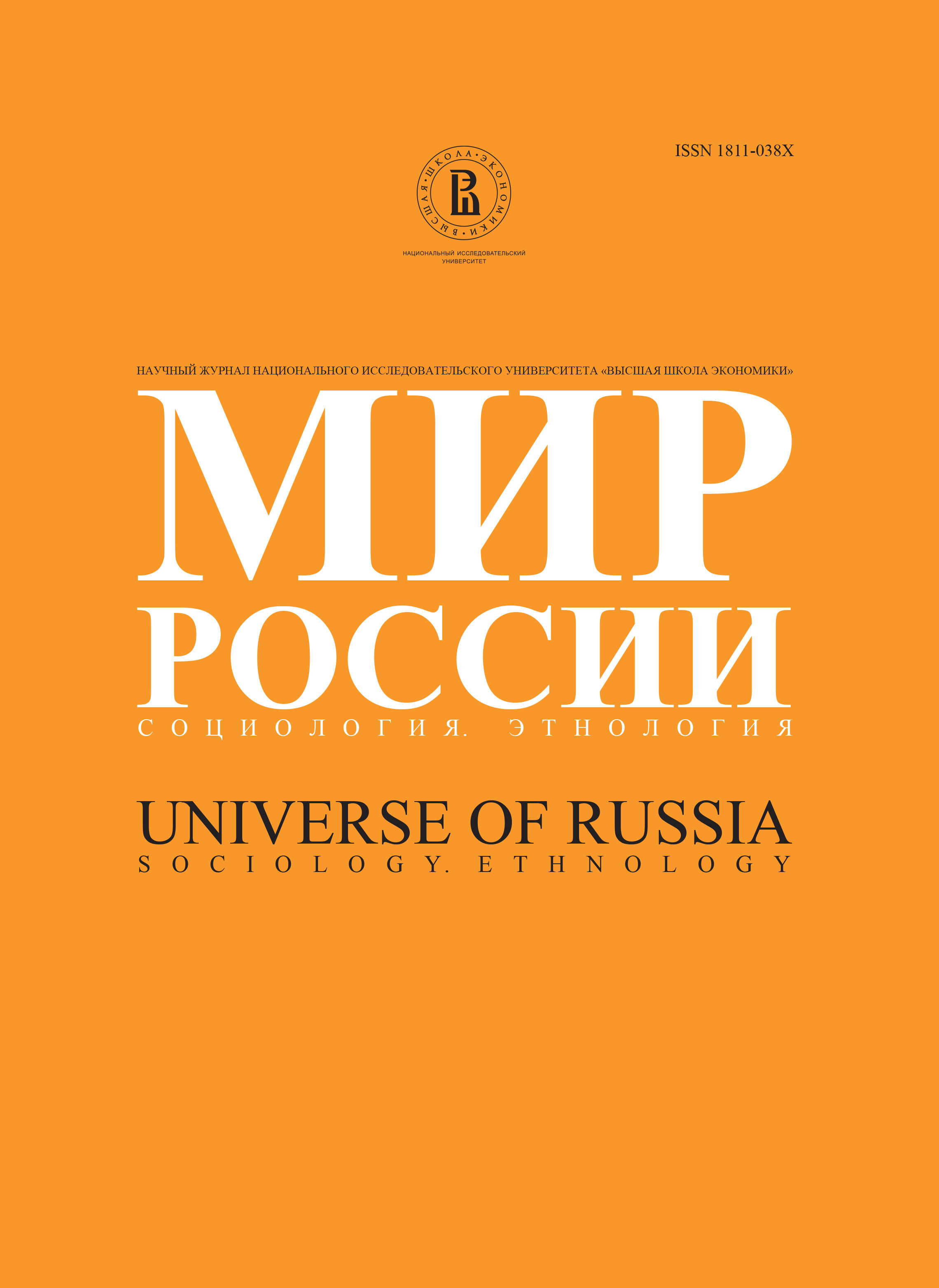HRM Policies of Russia’s Enterprises
Abstract
The article has been prepared according to the results of the research of HRM policies of Russia’s enterprises undertaken within the Innovative Educational Program at SU-HSE «Business-strategy and HRM policies of Russia’s enterprises: industry aspect».In this article we discuss the problem of the relationship between business-strategies of the firm and its HRM policies from the point of view of the «strategic fit» approach. The result of the study is the creation of four types of HRM policies of Russia’s enterprises which have been called: «inert», «pragmatic», «stable», «demagogue»; the determination of their main distinctive features and description, as well as the analysis of the interconnection with the strategic types of enterprises («prospectors», «quality defenders», «cost defenders», «reactors»).
We have found that the identified types do exist in all the surveyed industries. It is possible to imagine that these variants of HRM policies are the ways to react on the external and internal environment situation of the enterprise. From our point of view the «stable» enterprises as well as the «demagogues» adhere to the soviet traditions of HRM policies, at the same time the «stable» enterprises keep to the best traditions while the «demagogues» keep to the worst ones. The «stable» companies were able to realize the «emotional» model of the psychological contract, were able to achieve truly informal attitude to the work by considerable investing and high level of the current spending on the personnel. The «demagogues» have been quickly understood and the employees are anxious to minimize their efforts on developing new types of activities and on acceptance of new responsibilities which are not supported with neither material nor moral benefits. The «inert» enterprises realize the «crisis» model of HRM policies due to the monopolistic position on the local labor market. Concerning the «pragmatic» enterprises we have a relatively new «westernized» model of HRM policies which somehow emulate HRM patterns of western companies.
This research has confirmed once again the existence of a considerable gap between business-strategies and HRM policies at Russia’s enterprises. We have found out that the firms which differ in intensity of innovations (and we have proved several times proved the distinction of the strategic types according to the level of the innovativeness) do not differ in the ways of constructing their HRM policies. It should be mentioned that «strategic fit» cannot be achieved automatically, it is the result of managers’ actions that combine separate elements of HRM policies. We can assume that managers just had no time for this but this idea is disproves by another result. «Prospectors» which are supposed to be inclined towards innovations have the highest proportion of «demagogues.
In the short-run the chances to change the situation are slender. In the middle-run the search for the companies which really achieve the «strategic fit» of their business-strategy and HRM policies, evaluation of their experience and its propaganda (do not be afraid of such a word) might form the critical mass for considerable changes in HRM policies of a great number of Russia’s companies.






